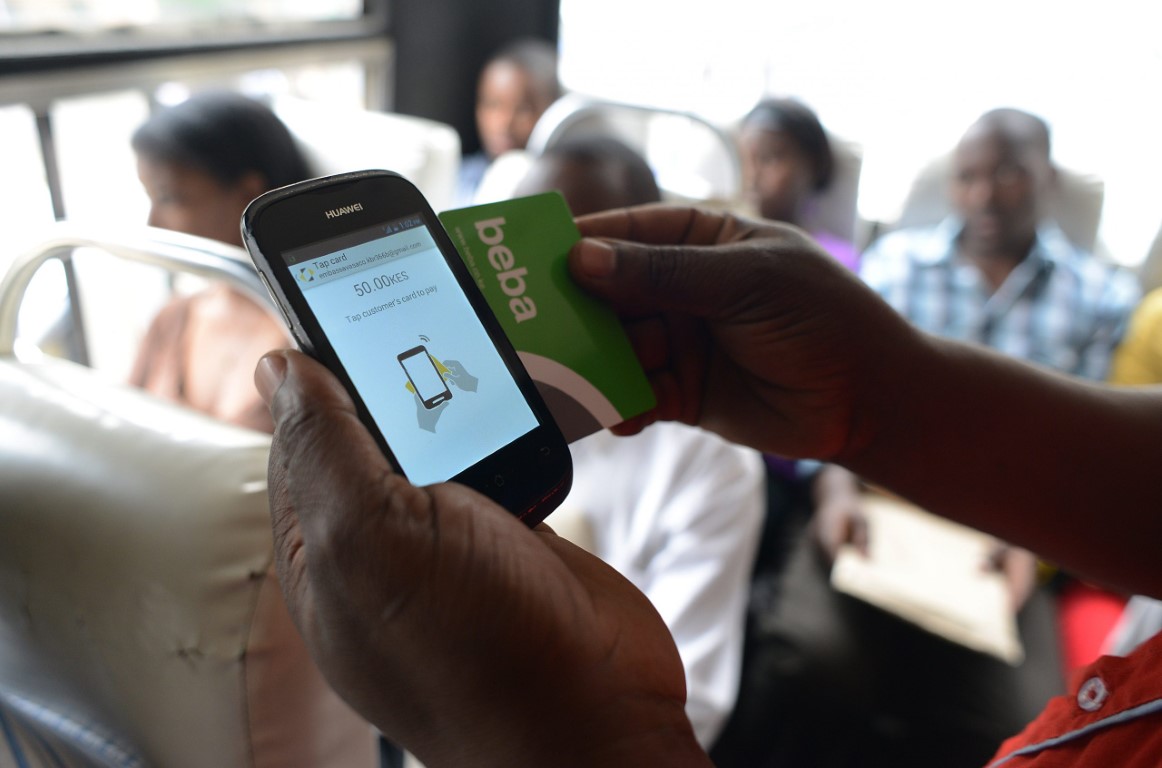Nigeria’s electronic bill payments reached $1.1bn between January and May 2020, more than double the amount for the same period in 2019.
According to the latest Nigerian Interbank Settlement Scheme, this signifies an 86 per cent increase from the $615.4m payment of utility bills and other subscriptions recorded the previous year.
A marked decline of 30 per cent is noticeable in the volume of electronic bills such as electricity bills, tax payments, toll payments, cable TV subscriptions, hotel bookings, school fees and airtime top-up.
Between Januarry and May 2019, 530,941 were conducted, a figure that has plummeted to 373,652 in the same period this year.
The Nigeria government has set an 80 per cent financial inclusion by 2020 which has seen more Point of Sale terminals been issued to super agents.
According to the Head, Digital Financial Services, CBN, Stephen Ambore, 36.6 million Nigerians were excluded from access to financial services, including pension and insurance.
He said the industry started from 58 per cent financial inclusion in 2012 and is targeting 80 per cent inclusion by the end of 2020.
“What that means is that we want to improve the penetration of payments by 70 per cent this year. Improve credits to 60 per cent, improve insurance by 40 per cent this year,” he said.

